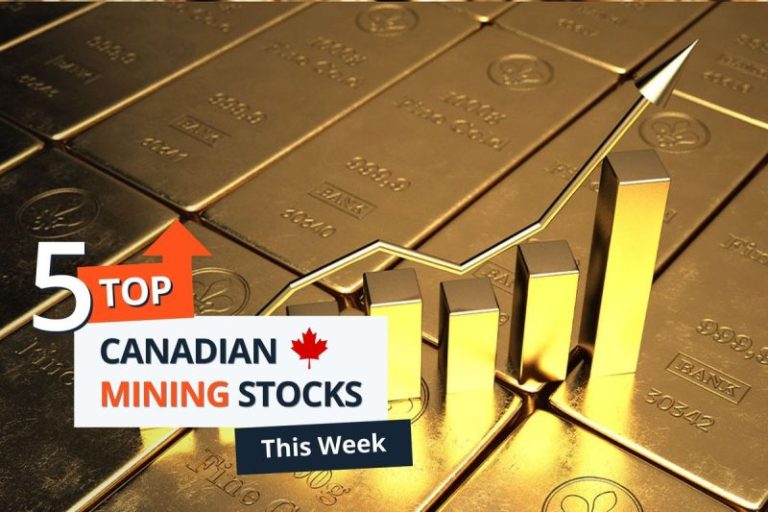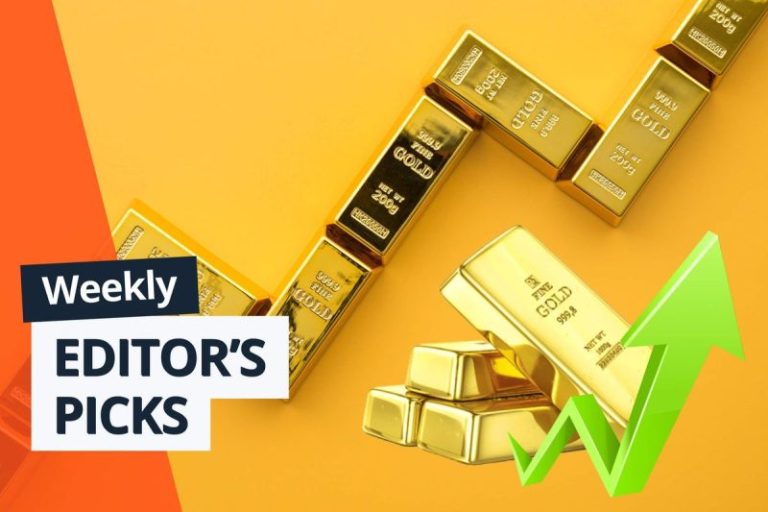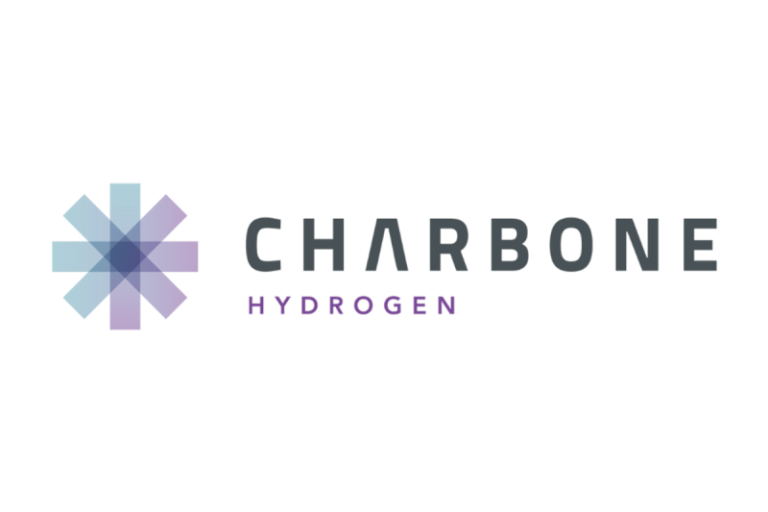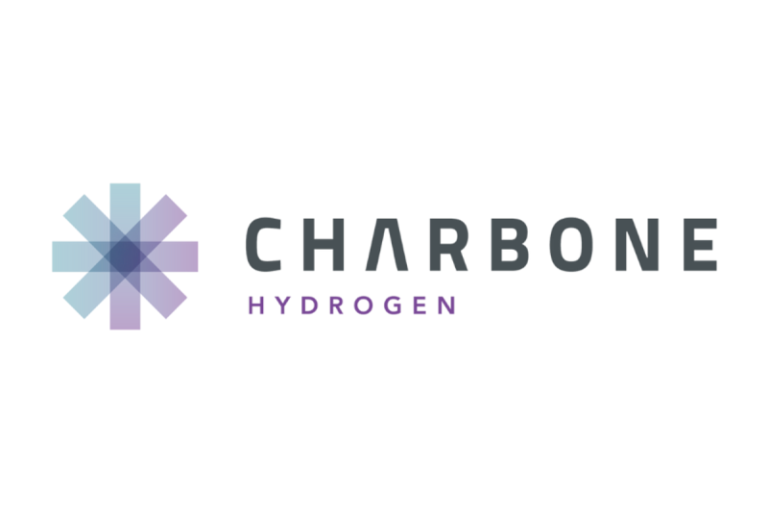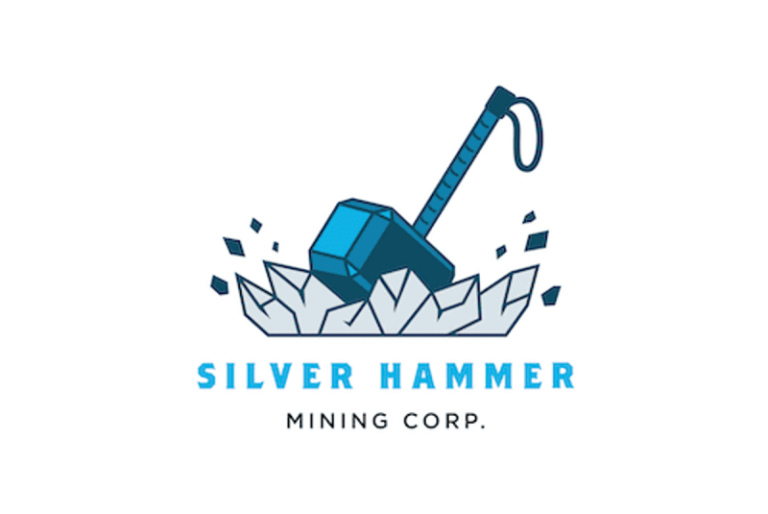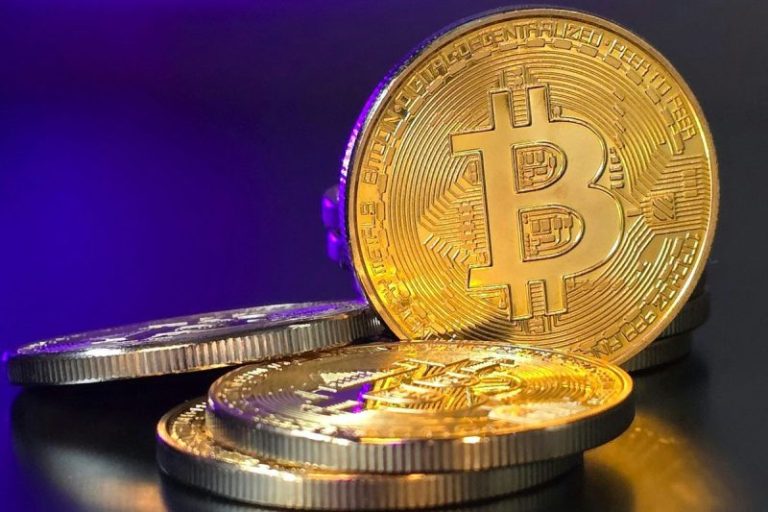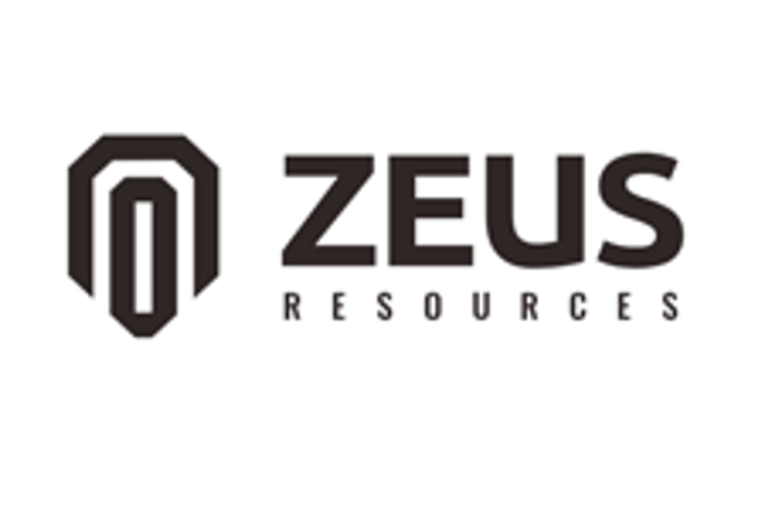Modern warfare is evolving quickly alongside emerging technologies, unlocking unprecedented investment opportunities in diverse areas of the defense sector.
Escalating conflicts in Europe and the Middle East are prompting governments worldwide to increase military spending. Looking at the US alone, the passage of the One Big Beautiful Bill Act has the potential to bring a US$150 billion investment into the defense industry. In addition, the Trump administration is proposing a US$1 trillion defense budget for 2026 with a focus on cybersecurity, artificial intelligence (AI) and autonomous systems capabilities.
The biggest US defense contractors and exchange-traded funds (ETFs) are expected to benefit greatly from the huge government spending expected in the sector. As for up-and-coming American defense companies that offer investors growth opportunities, those that can quickly develop and commercialize dual-capability technologies (i.e. for both civil sector and defense markets) are looking equally as attractive.
“If the opportunity is purely in the defense sector, that’s a big, but ultimately limited, opportunity. If the opportunity is in defense and a range of other sectors because the technology has got a transversal application, then it becomes far more interesting for an investor,” notes Joe Cassidy, partner, technology, media and telecom at KPMG in the UK.
Defense and security trends: Nature of war is changing
Defense spending jumped nearly 10 percent in 2024, according to a KPMG report on emerging trends in the aerospace and defense sector, representing “its fastest growth rate in nearly four decades.’
The firm attributes this growth to geopolitical destabilization both in Europe and in the Middle East. The global trade war surrounding rare earths, platinum-group metals, aluminum, steel and semiconductors is adding further pressure.
This increase in domestic defense spending has been translating into big wins for defense and security stocks. As Raymond James’ September Defense & Government Market Intel Report shows, publicly traded companies in the US defense sector are up by 57.8 percent since September 2024.
In a June interview with Federal News Network’s Terry Gerton, Sam Maness, managing director of Raymond James’ Defense and Government Group, ascribed the growth to the anticipated increase in funding for domestic defense contractors. He noted that US-China tensions and other geopolitical conflicts are “lead(ing) to bullishness for anything that is more meaningfully touching mission, and defense technology naturally does that.’
Looking forward, analysts expect supply chain sovereignty and cutting-edge technological advancements to be the major themes in this sector as nations look to cost effectively build out their domestic defense industries. At the same time, new weapons systems are reshaping the nature of war both on the battlefield and online.
“The way conflicts are resolved is changing rapidly and new technologies are disrupting the battlefield strategy,” states KPMG in its report. “Defense departments need rapid innovation and are no longer willing to wait years for a custom system when an ‘80% Solution’ can be purchased off-the-shelf.”
So what technologies are getting the most attention in the defense sector?
As mentioned, cybersecurity, autonomous systems and AI solutions are in the spotlight, and companies with dual-capability technologies are getting recognition. Below are examples of defense stocks tracked by Raymond James that are focused on providing these technologies to both the civil and defense sectors.
Cybersecurity defense stocks
One of the greatest threats to modern militaries is cyber attacks. This makes securing military IT infrastructure, communications networks and weapons systems mission critical for today’s armed forces.
L3Harris Technologies (NYSE:LHX) is a leading US defense contractor that provides cybersecurity solutions such as end-to-end technologies across air, land, sea, space and cyber domains.
The firm also serves public safety sectors such as law enforcement and fire; commercial sectors such as utilities and transportation; the commercial aviation space; and the healthcare industry.
Mercury Systems (NASDAQ:MRCY) develops secure processing subsystems, embedded computing and mission-critical technologies with advanced cybersecurity features for military and defense applications.
The company also supplies the aviation and industrial sectors.
V2X (NYSE:VVX) supplies vehicle-to-everything cybersecurity to secure communications between military vehicles, drones and command centers. It is in the process of acquiring federal IT business of QinetiQ Group (LSE:QQ), which provides data engineering, intel mission support and cyber solutions for US intelligence agencies.
In the civil and commercial space, the company provides solutions to first responders, commercial fleets and the auto sector, as well as urban mobility and utilities.
Zscaler (NASDAQ:ZS) is a leader in cloud-native security and its zero-trust architecture platforms are used by the US Department of Defense, intelligence agencies and other defense contractors. In August, the company acquired Red Canary, adding to its portfolio of cybersecurity detection and response solutions for US defense and intelligence agencies. Zscaler also serves the healthcare, finance, retail, energy, manufacturing and public sectors.
Autonomous system defense stocks
The changing nature of war is probably best represented in the rapid innovation and adoption of lower-cost autonomous systems such as drones, unmanned ground vehicles, robotics and counter-drone technologies.
A key supplier to the US military, AeroVironment (NASDAQ:AVAV) designs and manufactures unmanned aerial vehicles and robotics systems primarily for military surveillance and reconnaissance.
The company also provides electric energy systems to the commercial and public sectors.
Kratos Defense & Security Solutions (NASDAQ:KTOS) specializes in advanced defense technologies such as unmanned systems, satellite communications and hypersonics, while adapting them for commercial markets.
Teledyne Technologies (NYSE:TDY) provides drones, unmanned vehicles and robotics-related technologies to the defense sector through its subsidiary Teledyne FLIR.
It also provides these technologies for the civil aviation, manufacturing and energy sectors.
Through its subsidiary Textron Systems, Textron (NYSE:TXT) develops and integrates autonomous and robotics systems for the US Department of Defense and military operations for intelligence, surveillance and reconnaissance missions. The company’s autonomous technologies portfolio also extends into civil aviation, law enforcement and critical infrastructure protection for government and civilian operations.
Artificial intelligence defense stocks
AI technologies are rapidly being integrated into existing and emerging defense tech, including unmanned aerial and ground vehicles, reconnaissance and surveillance systems as well as hypersonic weapons.
Curtiss-Wright (NYSE:CW) is a global engineering company that provides products such as sensors, controls and data acquisition systems for the defense, aviation, nuclear power and industrial markets. Its defense solutions division has produced AI-optimized rugged embedded computing systems for use on the battlefield.
Leonardo DRS (NASDAQ:DRS) specializes in AI-enabled computing and sensing for tactical military platforms, including for use in US Army ground vehicles. Its technology is also used for public safety and infrastructure protection during disaster responses, as well as in industrial automation, medical diagnostics and commercial transportation.
Palantir Technologies (NASDAQ:PLTR) is a leading defense contractor that delivers AI platforms for the US military and its allies. It partners with other major defense industry companies such Northrop Grumman (NYSE:NOC) and Anduril Industries. Palantir’s technology is also widely used in the civil sector, as well as by more than half of Fortune 500 companies in sectors such as healthcare, energy, finance and manufacturing.
Voyager Technologies (NYSE:VOYG) is a defense- and space-focused AI technology company that provides national security solutions with partners such as Palantir. In August, it acquired Electromagnetic Systems, adding AI-based automated target recognition software and intelligence analytics for space-based radar systems to its portfolio. Voyager’s AI tech is also used by NASA and commercial satellite operators.
Securities Disclosure: I, Melissa Pistilli, hold no direct investment interest in any company mentioned in this article.



